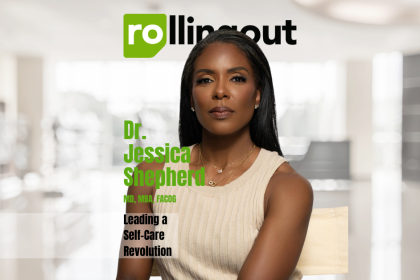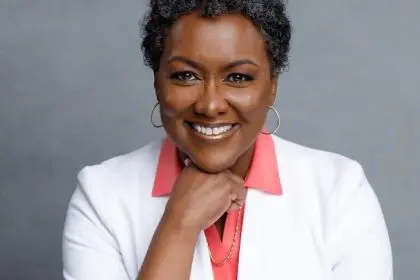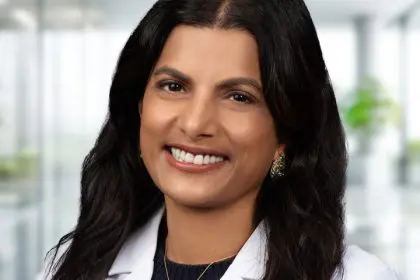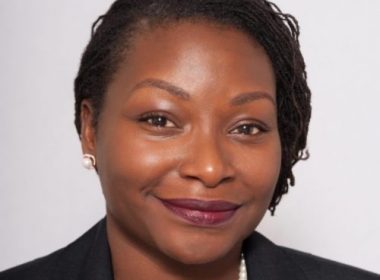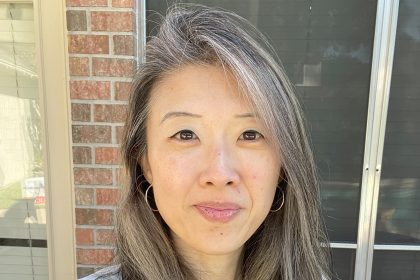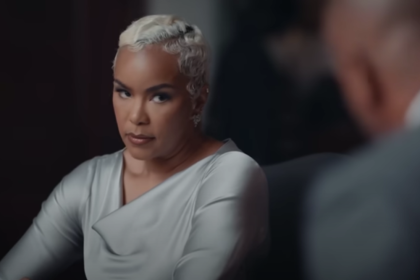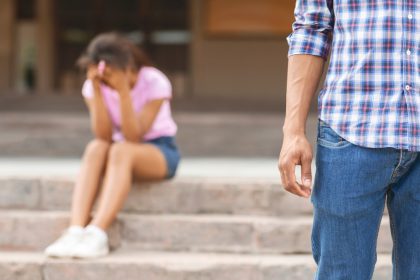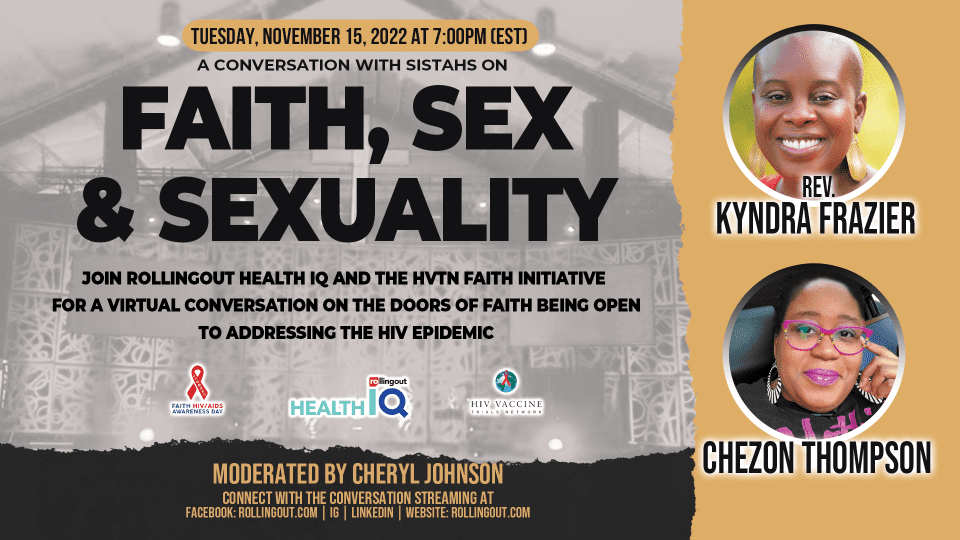
There are some things that we, as a community, really don’t like talking about. We are hesitant to share concerns about our sexual health, sexuality and often our natural bodily functions. Our grandmothers, aunts and aunties might have been taught that certain topics were taboo. If you were raised in the church or identified as a “good girl,” you should not even have thoughts about sexual pleasure or identity. Even when we go to the doctor, there is sometimes a hesitancy, maybe shame, which blocks us from getting the help that we need. But the statistics are clear, we must do better if we are to stem the rising cases of sexually transmitted diseases, especially HIV, of which Black women make up 60% of all new cases. On the other end of the spectrum, Black women’s maternal mortality rate is double that of any other racial group in the U.S., which also suggests a lack of real communication between patients and healthcare professionals. This is an invitation to all sisters and those who love us, to join us in dialogue about our “Faith, Sex and Sexuality.”
We welcome Chezon Thompson from Maryland who describes herself as a Joy distributor. She is a nationally known writer and poet, who is thoroughly enjoying married life. The Rev. Kyndra Frazier is a cisgender, same gender-loving, and queer woman from Charlotte, North Carolina. She shares, “I am Sam and Pam’s baby, and I am the granddaughter of Rogers and Harriet Glover, [I’d] like to shout them out.” She is also the founder and CEO of Kind Consulting while maintaining a private practice that supports individuals, family and couples counseling. Her curated curriculum, Belonging, is a trauma-informed Discovery series for churches, nonprofits and corporate entities who want to learn how to create spaces of belonging through a trauma-informed lens. We appreciate these sisters being open to sharing their truth.
When was your first sexual awakening?
Chezon Thompson: I think, growing up, I was boy crazy. I had my crushes on movie stars and musicians. I felt all of that extremely early, but because of the lens of how I was raised. I feel like some of that I just kind of kept to myself. To give you a little bit of background. I grew up raised as a Jehovah Witness. That is the religion that my parents have chosen. I was always taught that as far as sexuality and any kind of moving forward with your sexuality had to be tied to marriage, so if I wasn’t ready to be married then I was not ready to be dating. But that did not mean that I didn’t have feelings for the little boys that were running around me. I poured all of that into poetry. I put all of that into my journaling and writing and things like that. That was not something that you talked to anyone about, including my older sister or my mom.
Kendra, what was your experience?
Kyndra Frazier (she/her/they): I have several thoughts that come to mind as I hear your question. The first thought is, Lisa, this little girl in daycare that wanted to discover what kissing was, and I remember kissing Lisa, probably around the age of 6 years old. And, I believe, my sexual curiosity was awakened early on by molestation. I was molested by a family member and having to navigate that in therapy in terms of healing through my sexual trauma.
So often you will find that some survivors of sexual trauma enjoy the experience in terms of our bodies. We enjoyed it, and so, having to reconcile, well my body enjoyed this, but it was also wrong, and it wasn’t my fault. It’s a lot to navigate as an adolescent as well as a young adult. Doing that work has been pivotal in my life when it comes to my own um experience around pleasure, and what that has meant in terms of conversations that I’ve had to have with my sexual partners. And what it has meant in terms of who I choose, and who I feel safe around right.
We are just getting into it, join us tonight, 7 p.m. EST for more: RSVP
Please take a few minutes to complete the “Faith, Sex & Sexuality” survey

